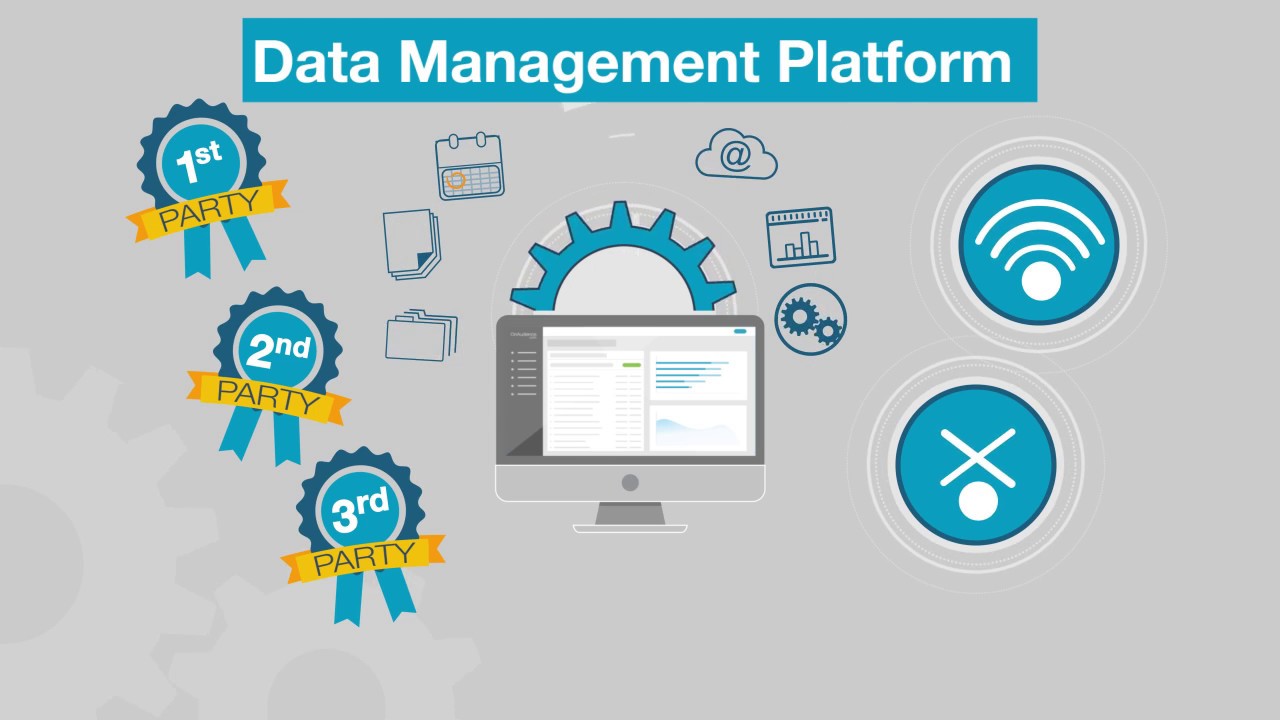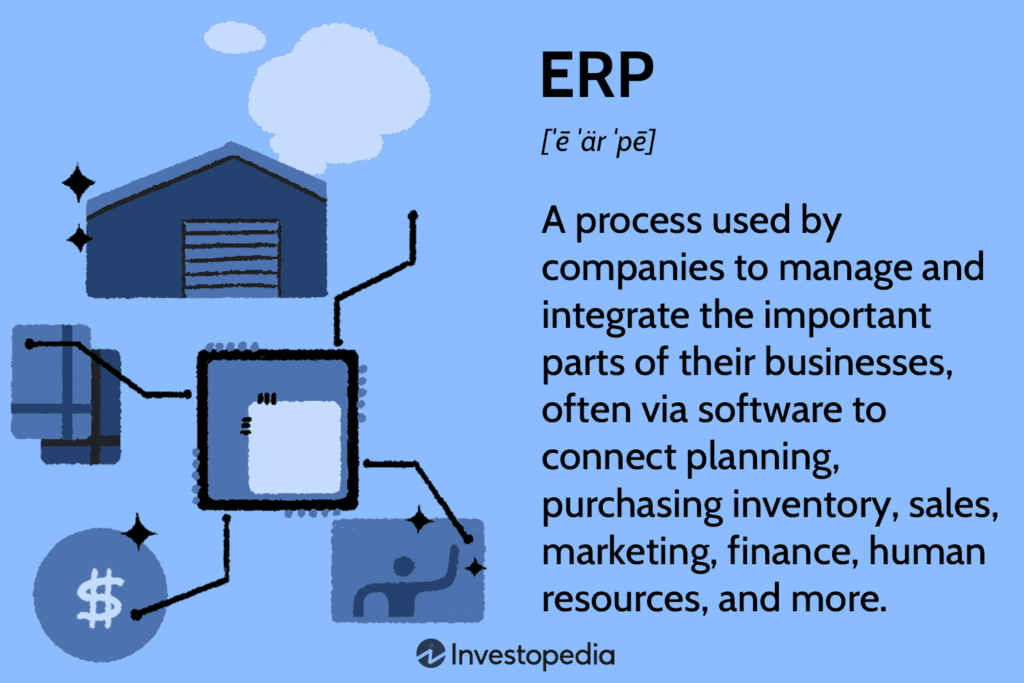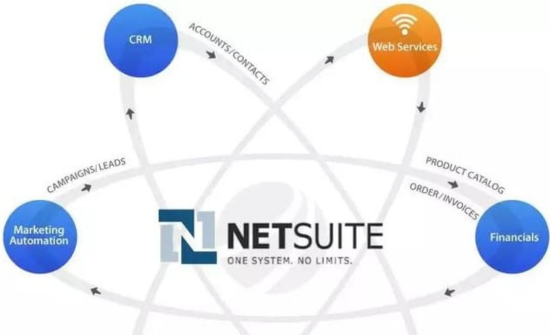Customer Data Management Platform (CDMP): Definition, Functions, and Benefits**
In today’s fast-paced digital era, data has become one of the most valuable assets for businesses. Every customer interaction, whether online or offline, generates data that can be used to provide better and more relevant experiences. However, how can businesses effectively manage this data? This is where the Customer Data Management Platform (CDMP)** plays a crucial role. This article will explain what CDMP is, its core functions, and the benefits it offers to businesses.
What is a Customer Data Management Platform (CDMP)?
A Customer Data Management Platform (CDMP) is a technology designed to collect, store, and manage customer data from various sources in one place. This platform allows businesses to have a more comprehensive view of their customers by integrating data that is often scattered across multiple channels, such as websites, social media, email, mobile apps, and more.
CDMP is frequently used to manage data related to customer interactions, demographic profiles, purchasing behavior, and preferences. By using this platform, businesses can process unstructured data and turn it into actionable insights for better decision-making.
Key Functions of a Customer Data Management Platform
1. Customer Data Collection**
A CDMP facilitates the collection of data from a variety of sources, including CRM applications, ERP systems, social media, e-commerce platforms, and IoT devices. The data gathered may include user behavior, transaction histories, interactions, and preferences.
2. Customer Segmentation**
Once the data is collected, CDMP enables businesses to easily segment customers based on various factors such as demographics, behavior, or preferences. This allows businesses to send more personalized and relevant messages to each customer segment.
3. Integration with Other Marketing Tools**
CDMPs can often be integrated with other digital marketing tools, such as Customer Relationship Management (CRM) systems, marketing automation platforms, and analytics tools. This integration helps streamline data-driven marketing campaigns and improves the accuracy of performance measurements.
4. Privacy and Compliance Management**
A CDMP plays a critical role in managing customer data privacy, ensuring that data is processed in compliance with relevant regulations, such as GDPR in Europe or CCPA in the U.S. This helps businesses maintain customer trust and avoid regulatory fines.
5. Analytics and Reporting**
CDMPs provide robust analytics tools that help businesses understand customer behavior and trends. These insights can be used to shape business strategies, enhance customer satisfaction, and optimize operational efficiency.
benefits of a Customer Data Management Platform for Businesses
1. Enhanced Customer Experience**
CDMPs help businesses deliver more personalized and relevant customer experiences. By having a deeper understanding of customers’ needs and preferences, companies can tailor their products, services, and communications more effectively.
2. Operational Efficiency**
A CDMP reduces the manual effort required to manage and analyze customer data. Data that was previously scattered across multiple systems can now be accessed from a single, unified platform, allowing marketing, sales, and customer support teams to work more efficiently.
3. Faster and Better Decision-Making**
Well-organized data allows management to make faster and more accurate decisions. Insights generated from the platform help minimize the risks of making decisions based on assumptions rather than data.
4. Optimized Marketing Campaigns**
With more precise analytics, CDMPs enable businesses to optimize their marketing campaigns. From delivering more targeted messages to selecting the right timing for campaigns, everything can be improved based on customer data insights.
5. Increased Customer Loyalty and Retention**
With a better understanding of customer needs, businesses can develop more effective strategies for retaining customers. Offering more personalized and relevant services can enhance customer loyalty, which in turn reduces churn and boosts long-term revenue.
Conclusion
A Customer Data Management Platform (CDMP) is an essential tool for businesses in today’s digital world to manage customer data more effectively. By collecting, analyzing, and integrating data from various sources, CDMPs help companies enhance customer experiences, optimize marketing strategies, and make more informed decisions. In the long run, a well-implemented CDMP can provide a competitive advantage by improving customer satisfaction and loyalty.
This technology is not only about managing data but also about leveraging that data to achieve broader business goals.
Customer Data Management Platform

Visited 87 times, 53 visit(s) today





